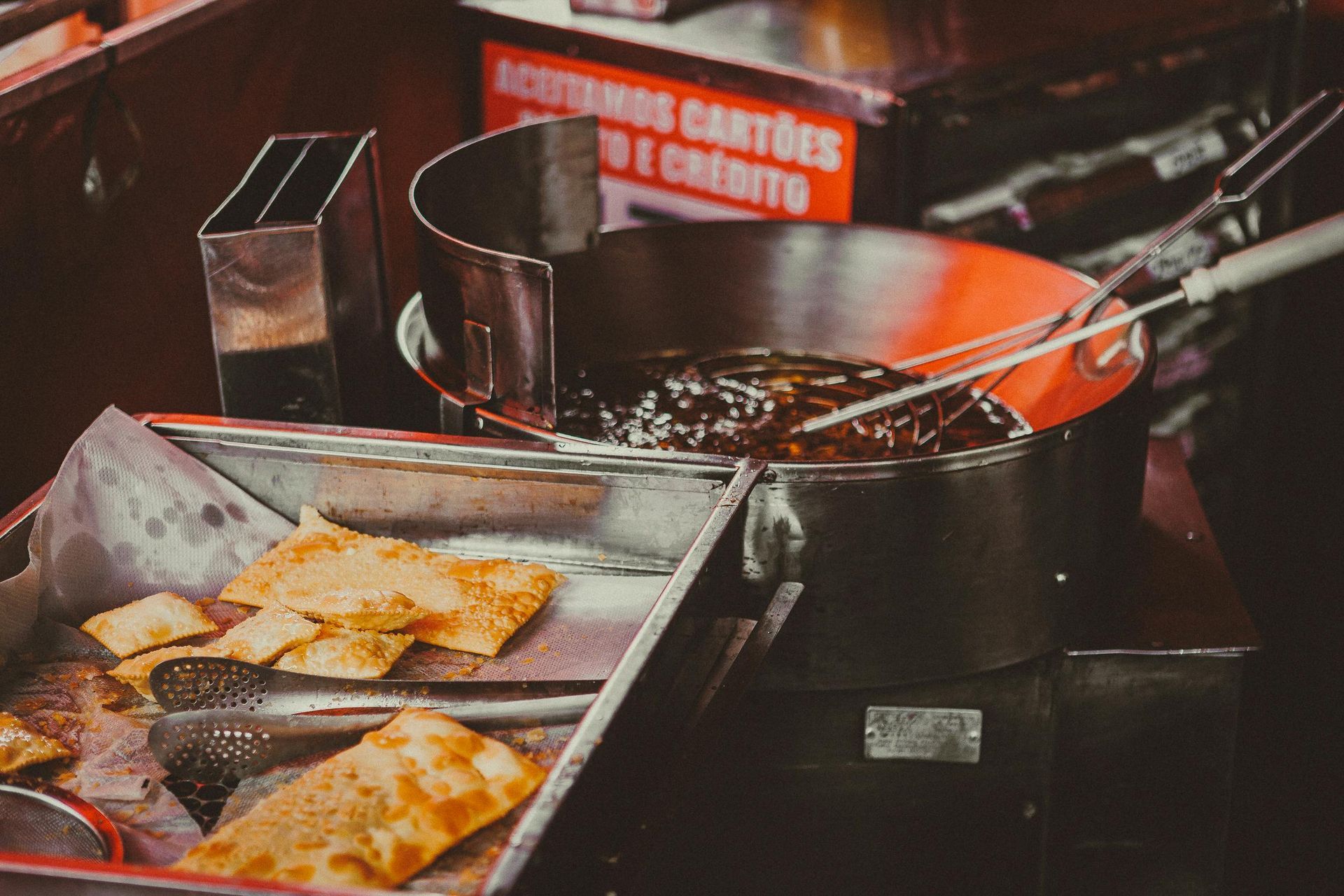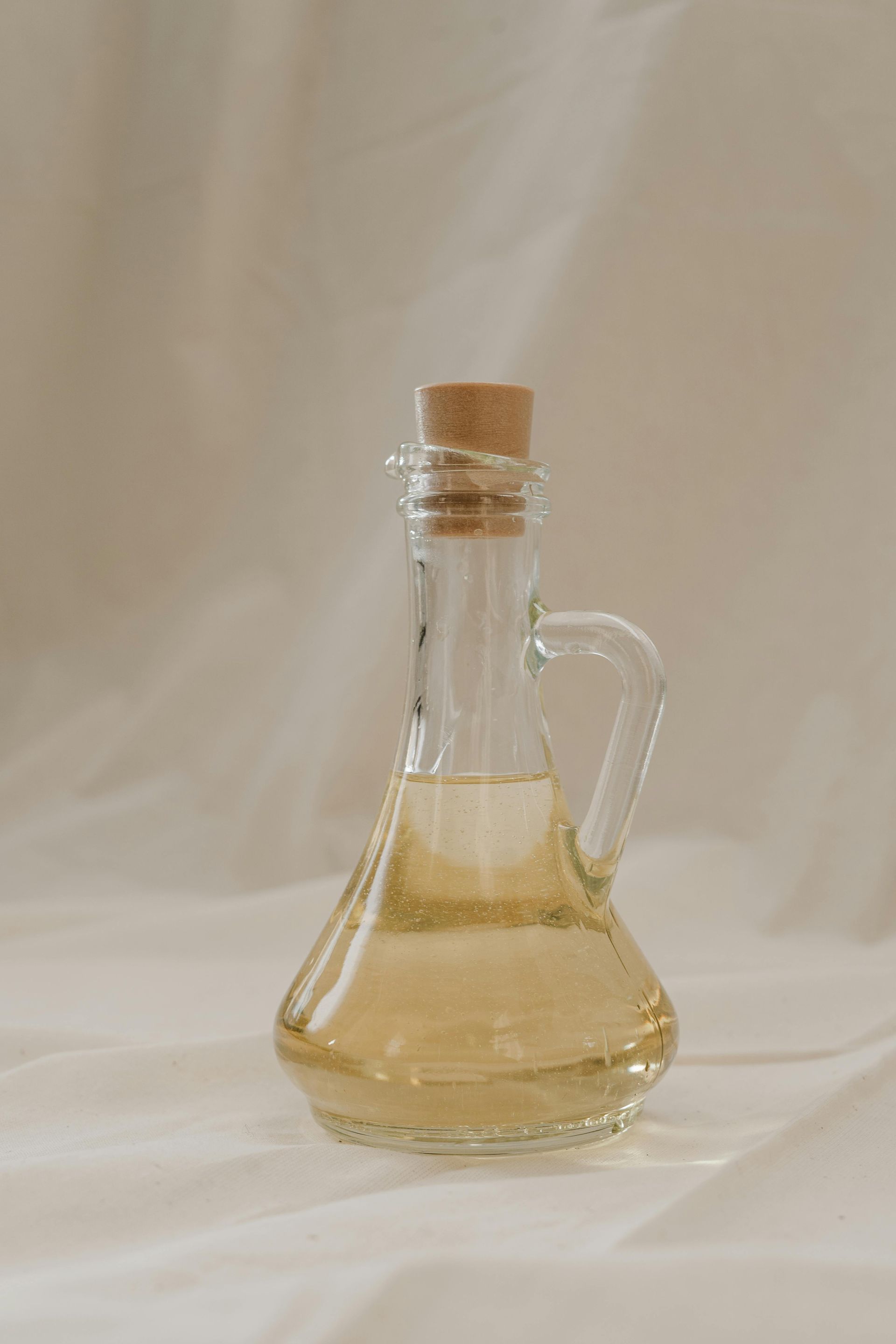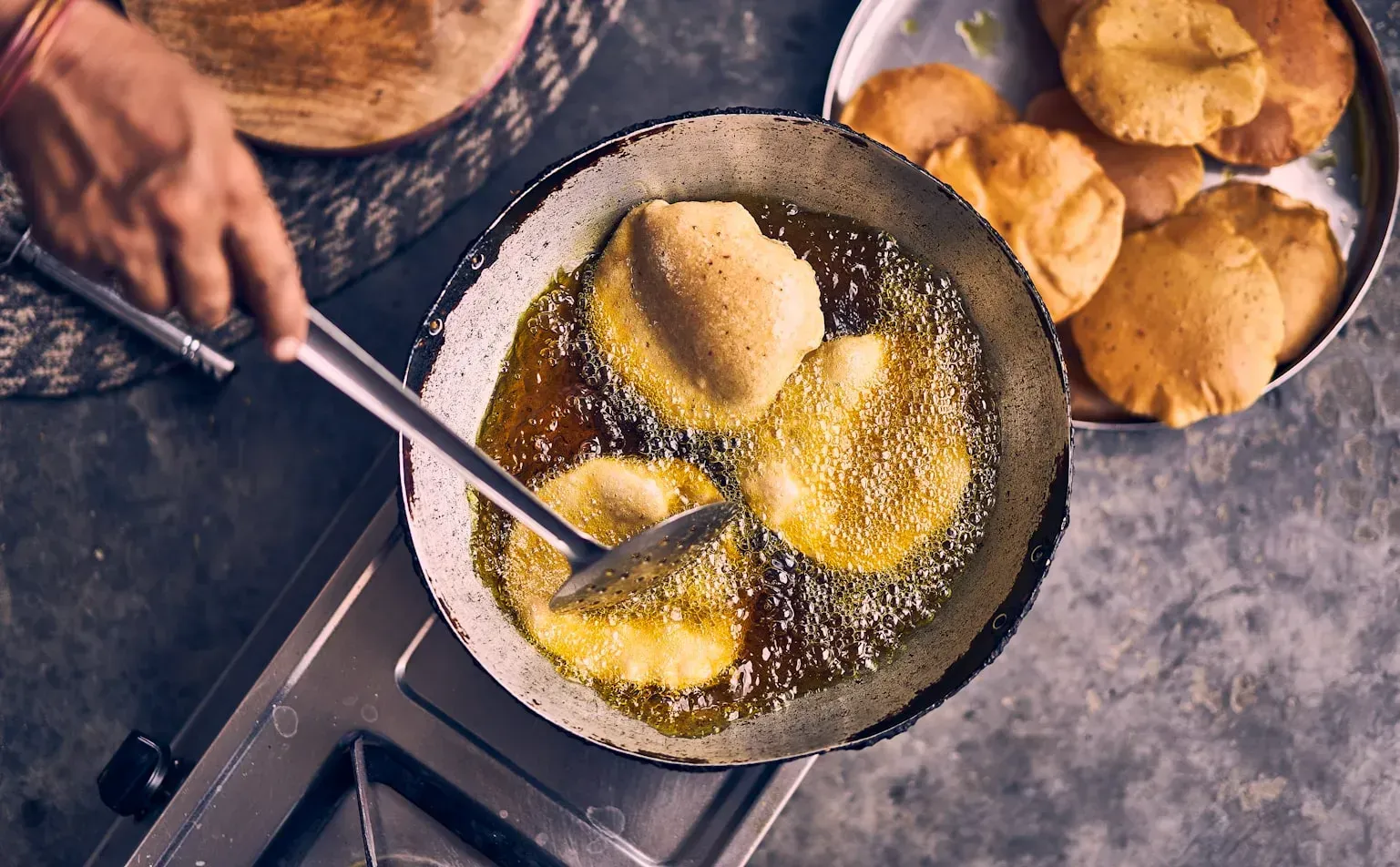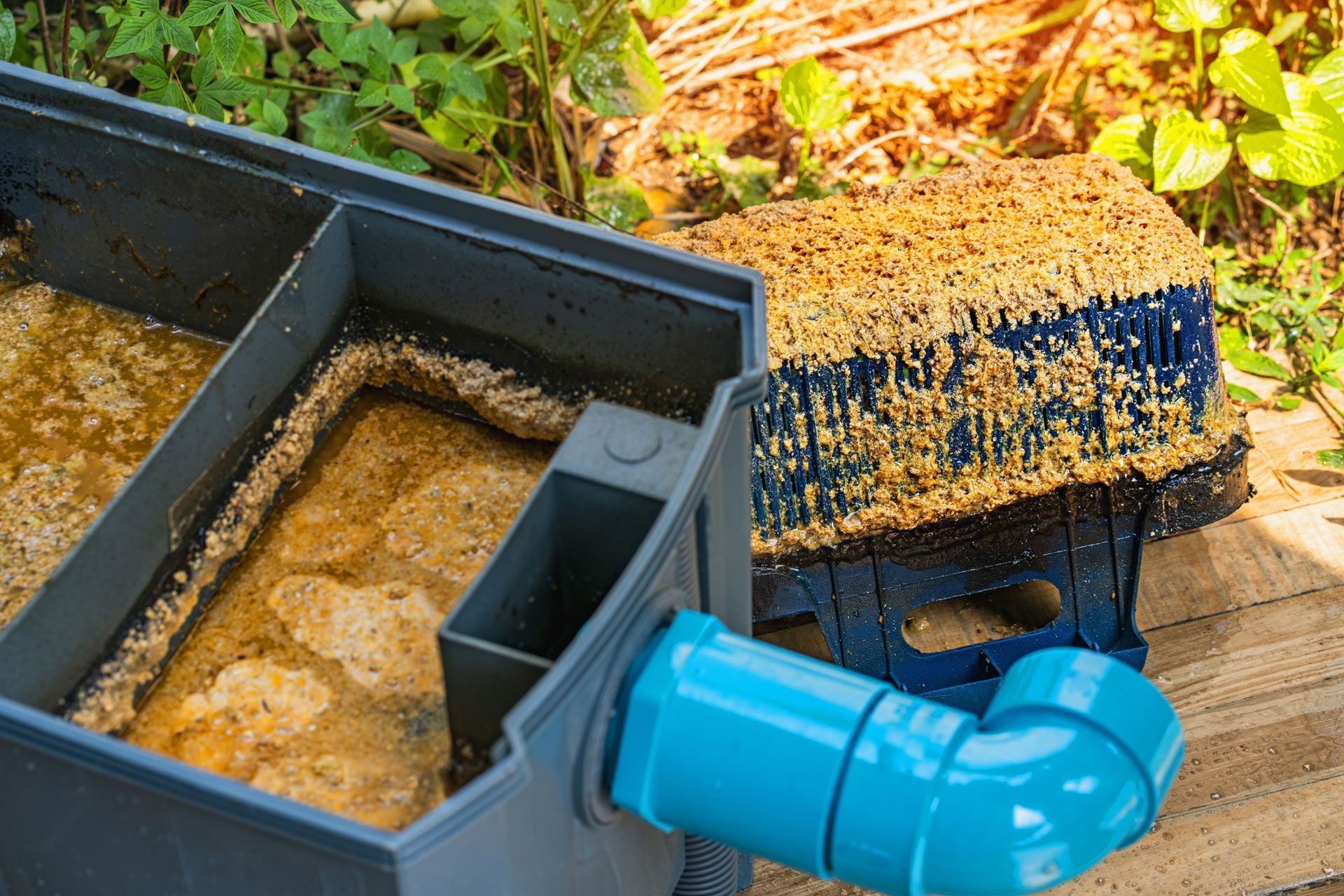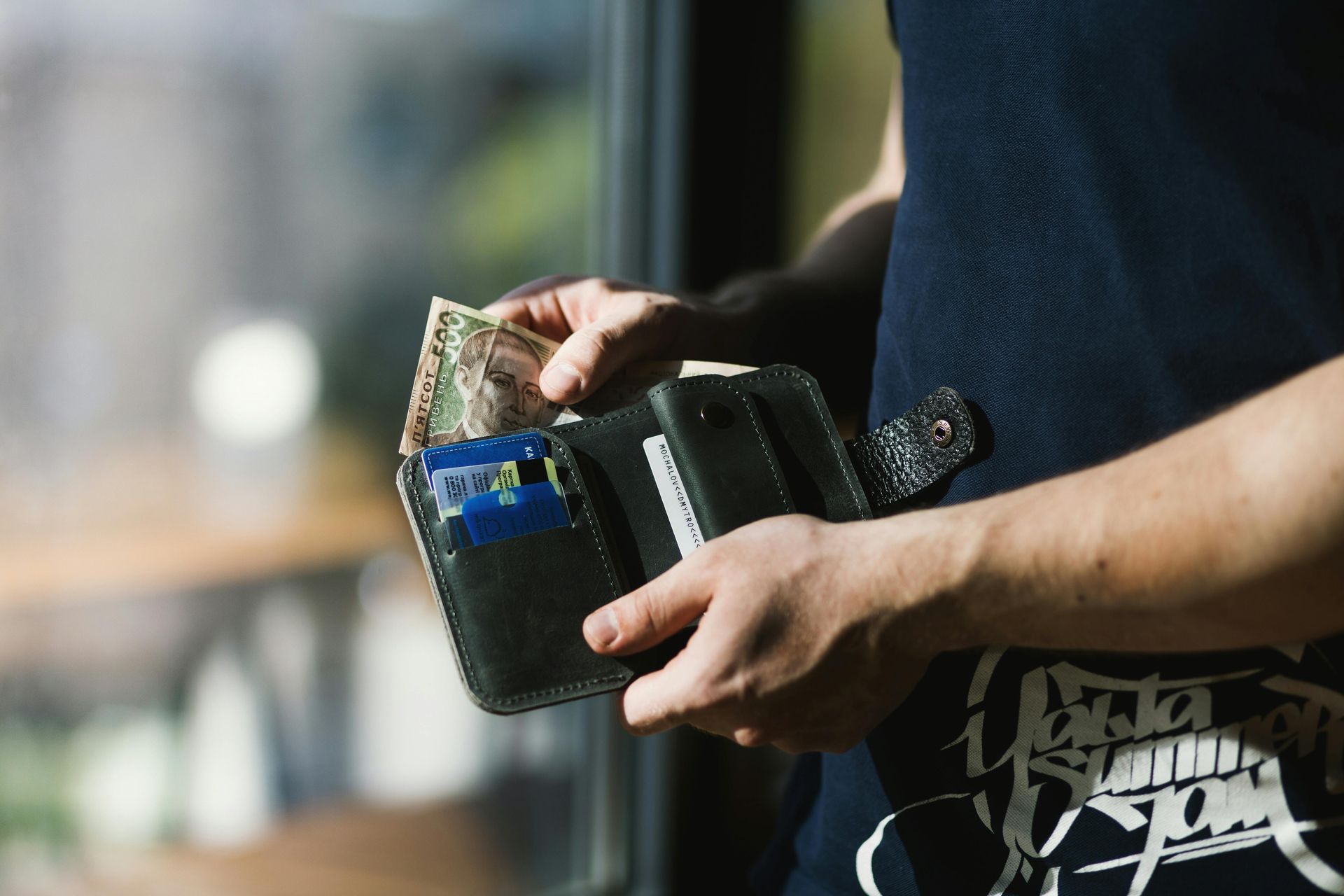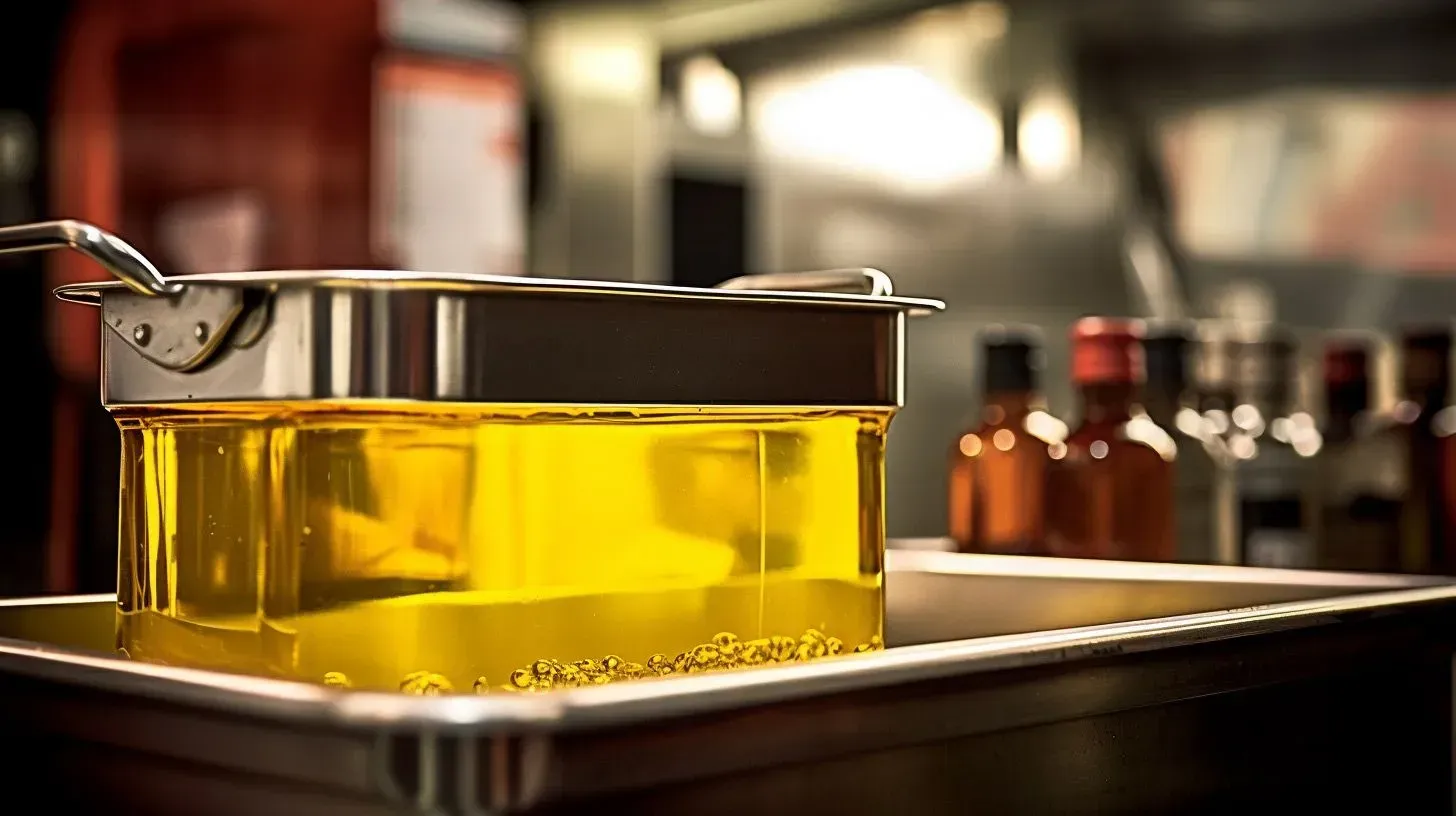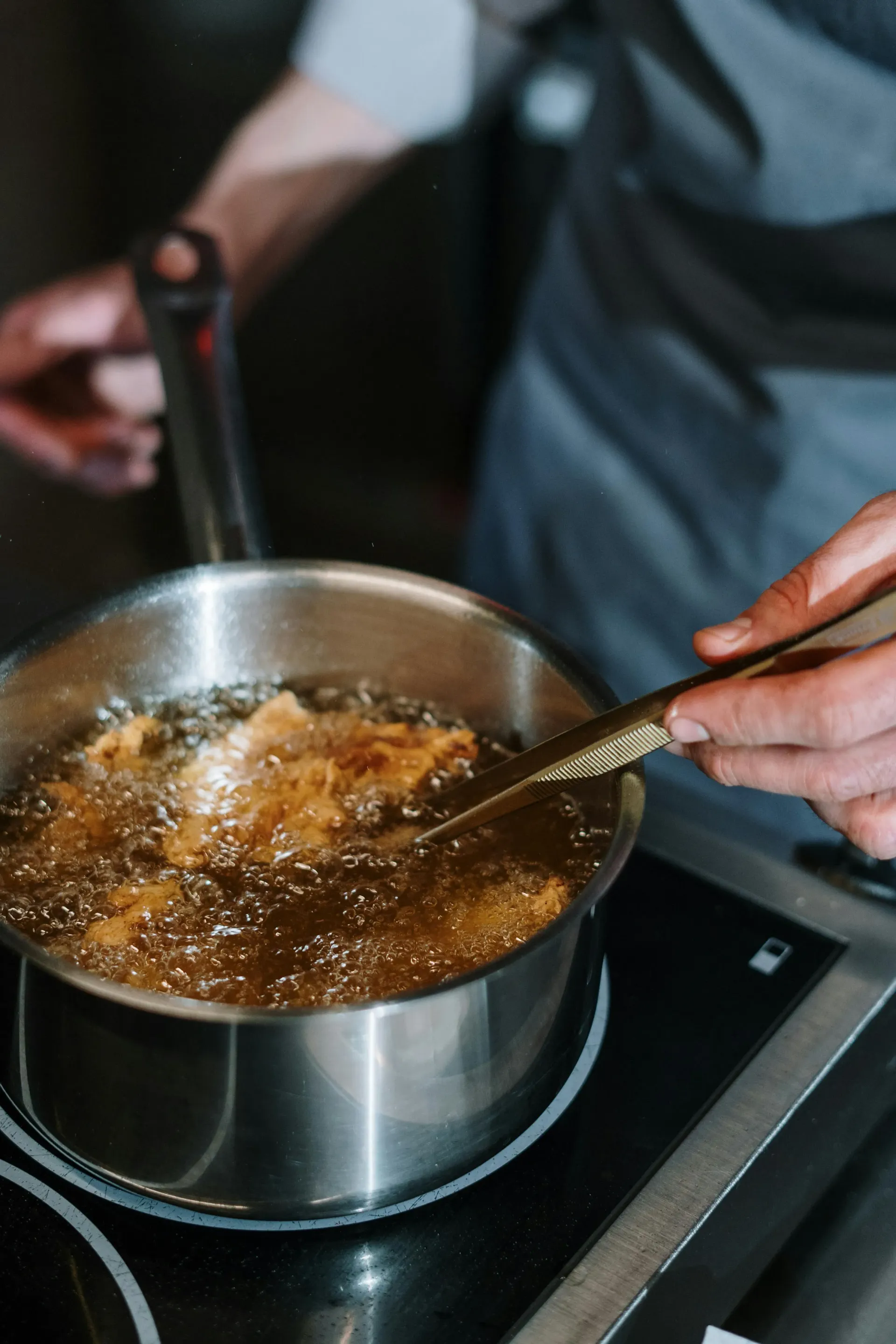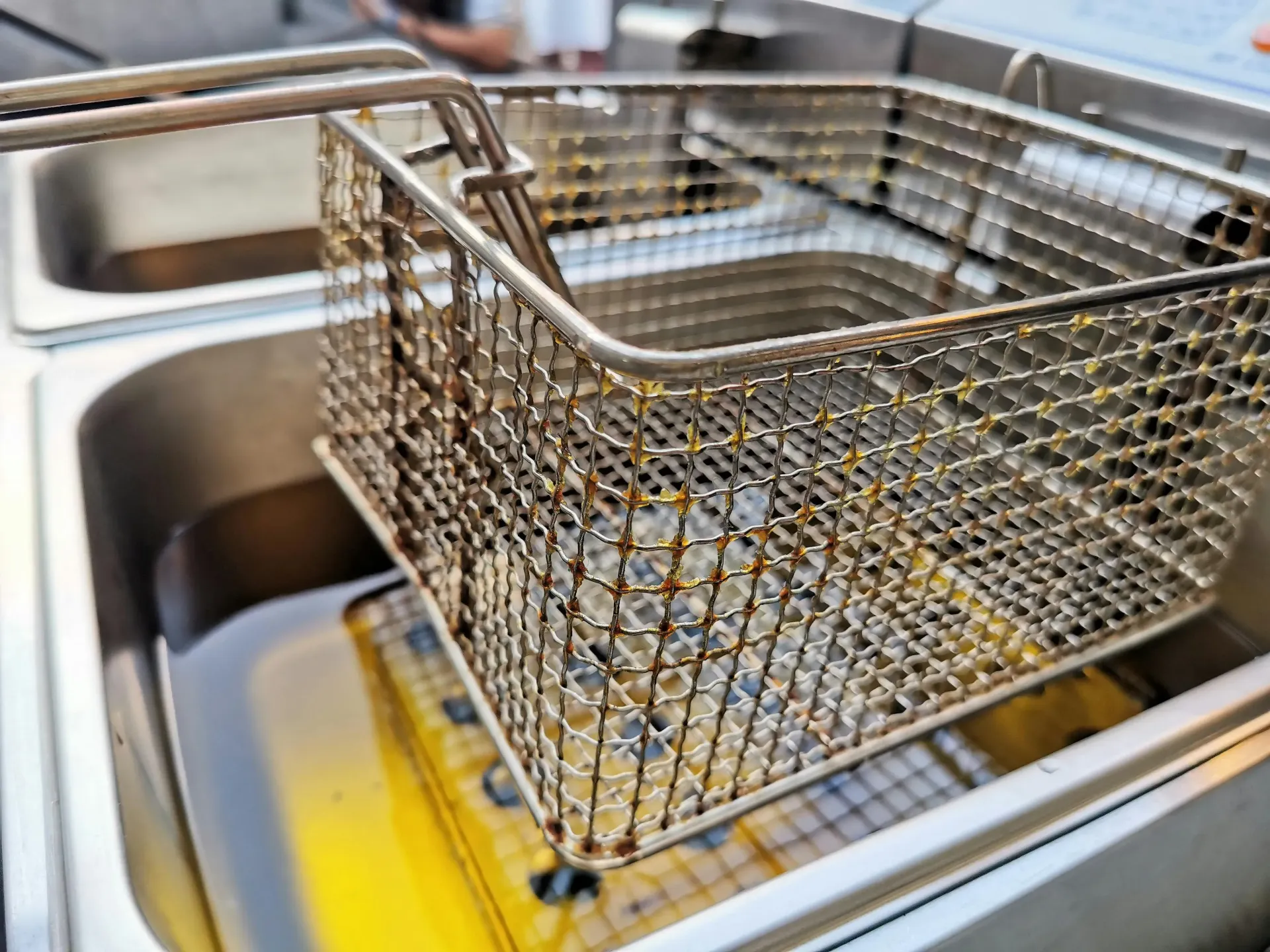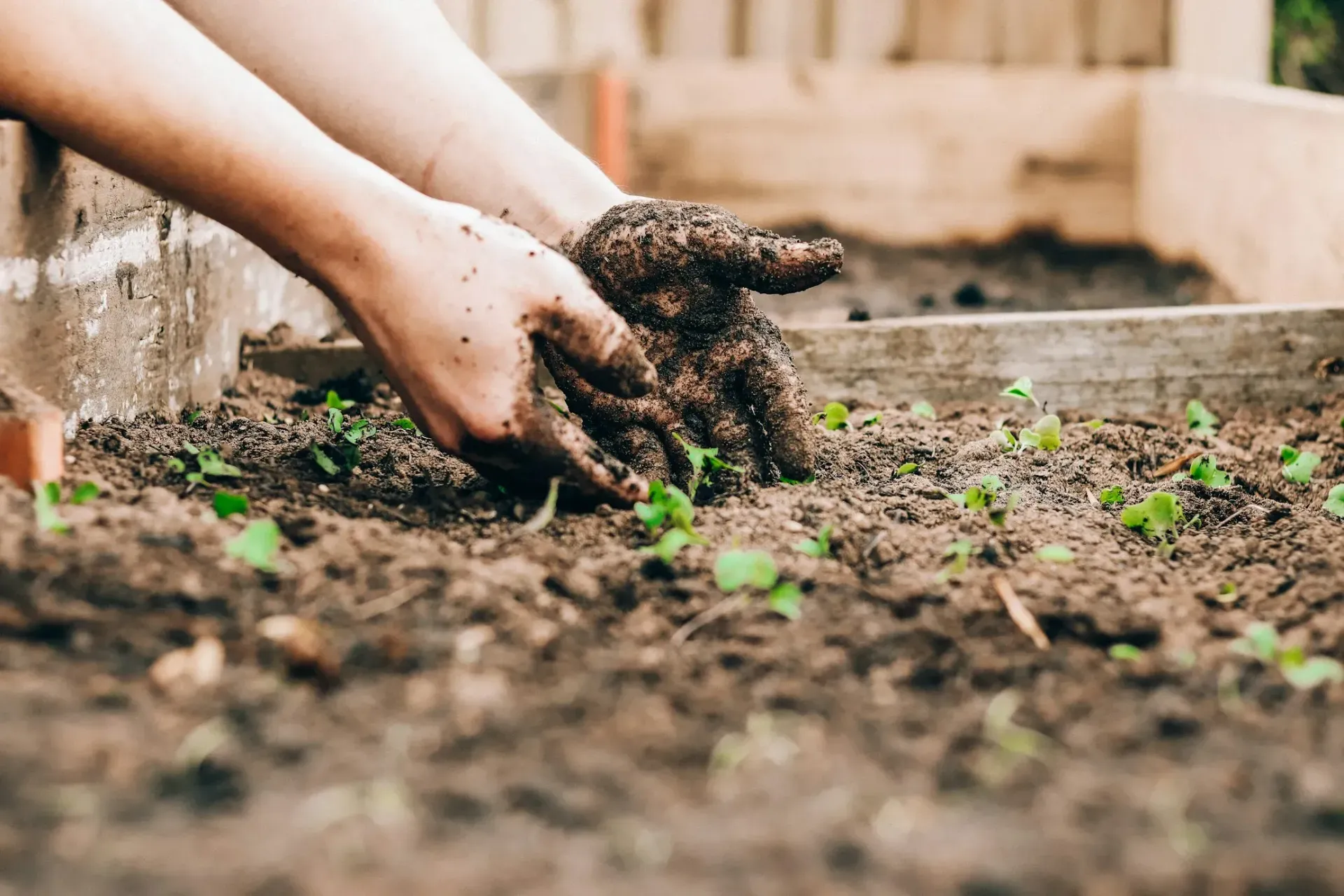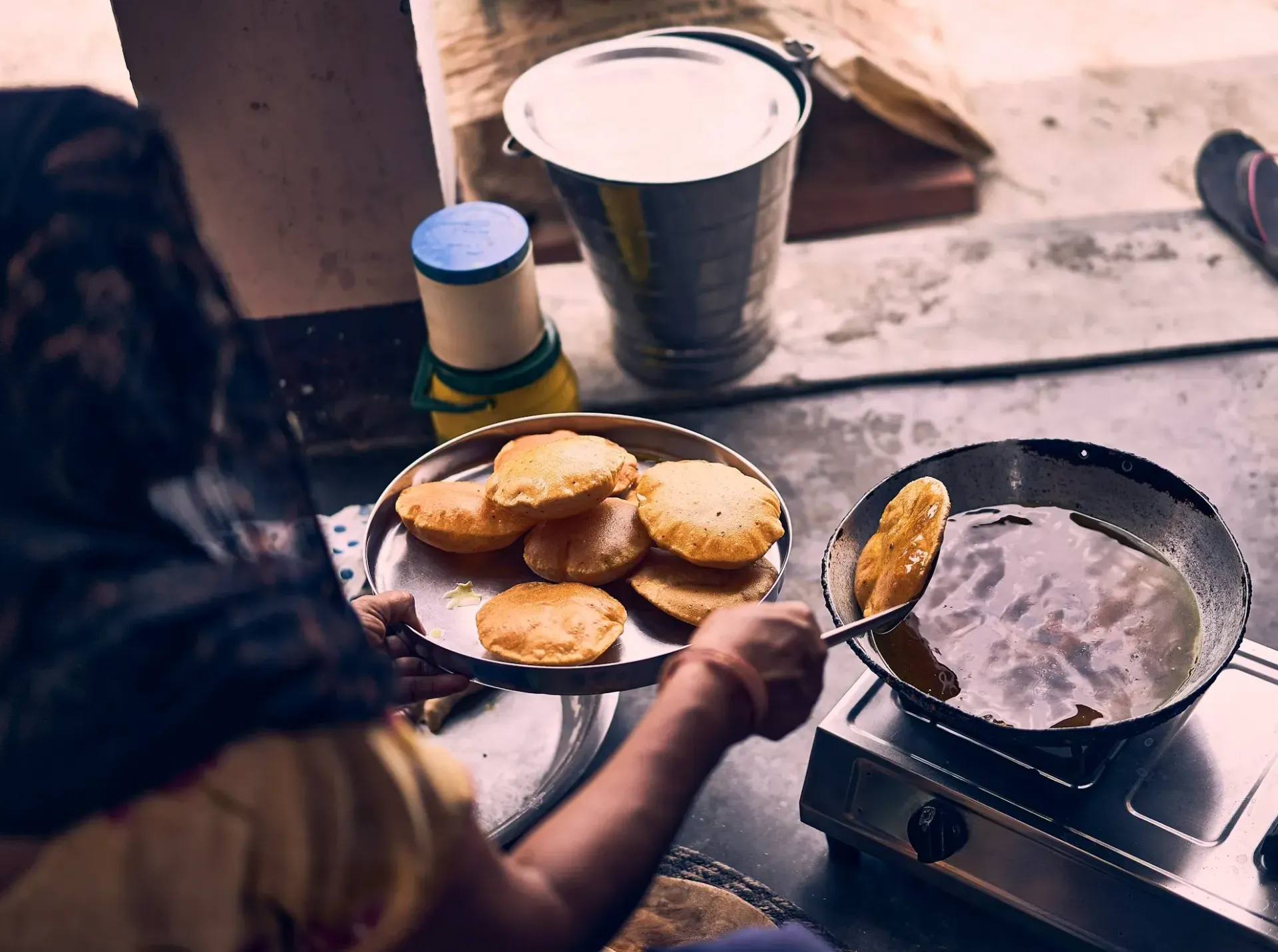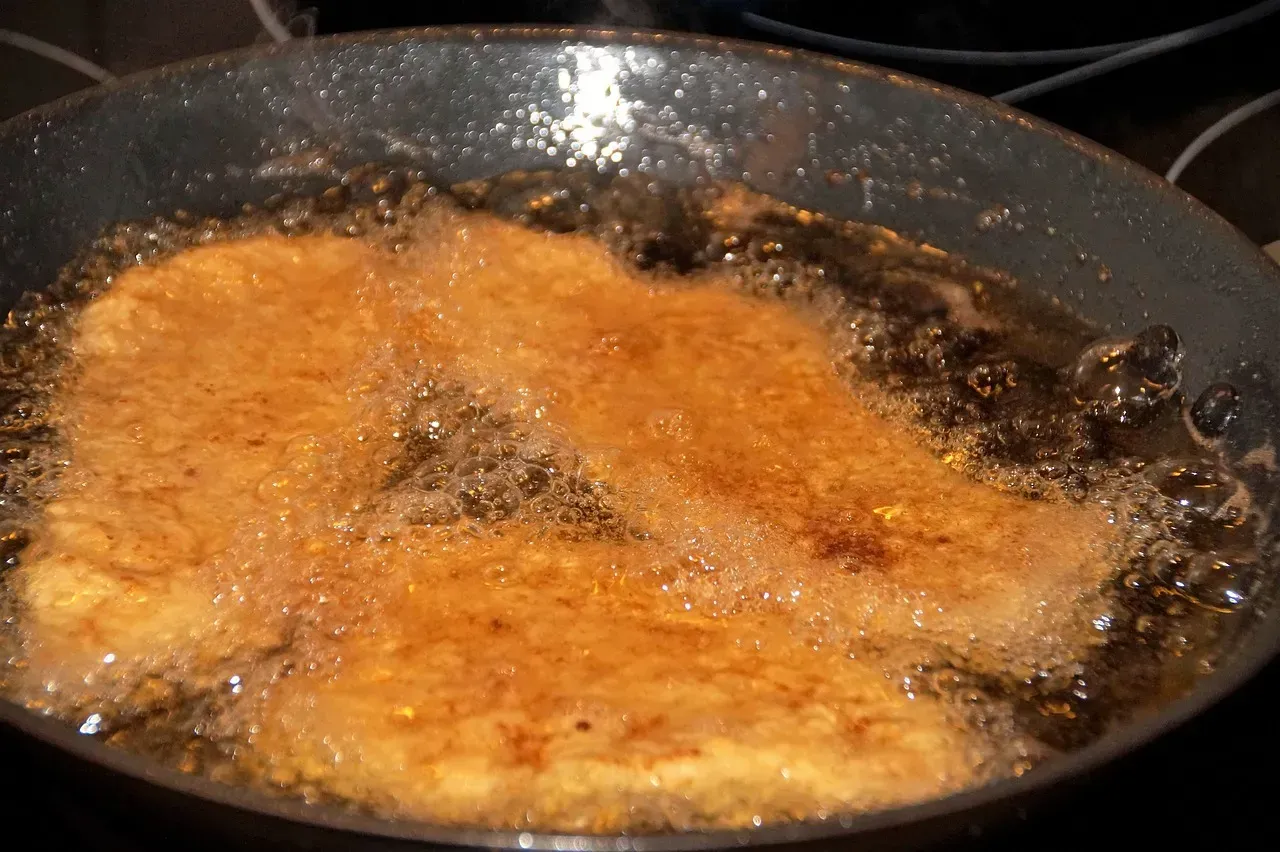
What Can Old Cooking Oil Be Used For?
After frying or cooking, you might be stuck with leftover oil and wonder what to do with it. Throwing it down the drain isn’t a good option—it can clog your pipes and harm the environment. But instead of wasting it, you can actually put that old oil to good use.
In this blog, we’ll cover simple, practical ways to repurpose your used cooking oil. We’ll also touch on the benefits of recycling it and how to store it safely for reuse.
Why It’s Important to Repurpose Old Cooking Oil
Throwing away used cooking oil can cause problems. It can clog your pipes, pollute water systems, and harm wildlife. If it reaches landfills, it can release harmful gases as it breaks down. Instead of tossing it, repurposing or recycling your old cooking oil is a much smarter choice.
Reusing old cooking oil helps cut down waste and reduces the demand for fresh oil production. It’s also a way to contribute to sustainability by turning what would be trash into something useful again. Whether you turn it into biodiesel or use it in your compost, repurposing used cooking oil can have a positive impact on both your household and the environment.
10 Practical Uses for Old Cooking Oil
1. Biodiesel Production
Used cooking oil can be turned into biodiesel, which is a cleaner, renewable fuel. Many people or companies collect old oil to process into biodiesel for vehicles, reducing dependence on traditional fuels. You can look for biodiesel facilities near you that accept used cooking oil.
2. Composting Aid
While you shouldn’t pour large amounts of oil into your compost, small amounts of vegetable oil can be useful in compost piles. It helps to break down materials faster by providing extra energy for the microorganisms in the pile. Just make sure you don’t overload your compost with it.
3. Animal Feed
Certain livestock feed can include small amounts of used cooking oil. It provides extra calories and fats for animals like pigs. However, make sure to confirm what’s safe for specific animals before adding oil to their diet.
4. Soap Making
If you’re into DIY projects, old cooking oil can be used to make soap. Combined with lye, it’s a basic recipe for producing your own natural, homemade soap. There are plenty of online guides that can walk you through this simple process.
5. Household Lubricant
Old cooking oil works as a lubricant for household items like squeaky door hinges or tools. It’s a natural alternative to chemical-based lubricants and works well for small tasks around the house.
6. Lamp Fuel
Used cooking oil can be turned into a natural, homemade oil lamp. Simply filter the oil, add it to a container with a wick, and you’ve got a DIY oil lamp for emergencies or outdoor use. It’s a great way to avoid wasting oil and create a useful household item.
7. Leather Conditioner
Old cooking oil can be used to condition and preserve leather products like shoes, bags, and belts. Just apply a small amount to the leather and gently rub it in. It keeps the leather soft and prevents cracking over time.
8. Rust Prevention
You can use old cooking oil to prevent rust on metal tools or surfaces. Simply coat the metal with a thin layer of oil to protect it from moisture, which causes rust. This works well for garden tools, bikes, or even outdoor furniture.
9. Removing Sticky Residue
Old cooking oil is great for removing sticky residue left behind by labels or stickers. Rub a small amount of oil onto the sticky area, let it sit for a few minutes, and then wipe it away. It works like a natural solvent.
10. Painting Cleanup
If you’ve been painting and need to clean oil-based paints off brushes, old cooking oil can help. It’s a natural and gentle way to remove paint from brushes, keeping them in good condition without using harsh chemicals.
How to Store Old Cooking Oil Safely Before Reuse
Proper storage of used cooking oil is key to making sure it stays safe for future use. Here’s how to do it:
- Cool the Oil: Let the oil cool down completely before handling. Never store hot oil, as it can damage containers and pose a safety hazard.
- Strain the Oil: Use a fine mesh strainer or cheesecloth to filter out food particles or crumbs. This step is important to prevent spoilage or mold from developing.
- Use a Clean, Airtight Container: Store the strained oil in a clean, airtight container like a glass jar or plastic bottle. Make sure the lid seals tightly to keep out air and moisture, which can cause the oil to go rancid.
- Label and Date: Always label the container with the date you stored the oil. This helps you track how long the oil has been kept. Old oil can spoil over time, so it’s best to use it within a month or two.
- Refrigerate or Freeze: To extend the shelf life of used cooking oil, store it in the fridge or freezer. This slows down the oxidation process and keeps the oil from going bad.
Pro Tip: If the oil smells bad or looks cloudy, it’s time to discard it.
Where to Recycle Old Cooking Oil
If you don’t have a use for your old cooking oil at home, recycling is a great option. Here’s how you can find places to recycle it:
- Check Local Recycling Centers
Many cities and towns have recycling centers that accept used cooking oil. These facilities often turn the oil into biodiesel or other eco-friendly products. Search online or contact your local waste management center to see if they offer this service. - Ask Restaurants or Cafes
Some restaurants or cafes partner with oil recycling companies. They may allow you to drop off your old cooking oil for them to include in their recycling efforts. It’s worth asking if any nearby places offer this service. - Household Hazardous Waste Programs
Certain areas have household hazardous waste programs that accept used cooking oil as part of their collection. These programs ensure that oils are disposed of properly, preventing them from ending up in landfills or water systems. - Special Recycling Events
Look for special recycling events in your community. Some towns hold periodic collection events where residents can bring in items like old oil, batteries, and electronics for safe disposal. - Check for Biodiesel Producers
Biodiesel producers often collect used cooking oil from the public. These companies process the oil into fuel that can be used for vehicles, offering a green alternative to fossil fuels.
Pro Tip: Always store the oil properly before recycling. Ensure it’s in a sealed container to avoid spills during transport.
Conclusion
Reusing or recycling old cooking oil is not only practical but also environmentally friendly. Instead of letting it go to waste, you can repurpose it in various ways, from creating biodiesel to using it for composting or household tasks. By doing so, you’re helping reduce waste, protect the environment, and even save a bit of money along the way.
If you prefer not to reuse the oil yourself, recycling is a great option. Proper disposal ensures the oil won’t harm your plumbing, pollute the environment, or end up in landfills.
For those in Washington, Spokane, or Sandpoint, Grease Guys offers professional grease trap cleaning and oil collection services. Whether you need regular grease trap pumping or a reliable solution for cooking oil collection, they’ve got you covered. Grease Guys ensure safe and eco-friendly disposal of your used cooking oil, helping both your business and the environment.
Contact Grease Guys today for grease trap cleaning, oil collection, or pumping services in your area.

